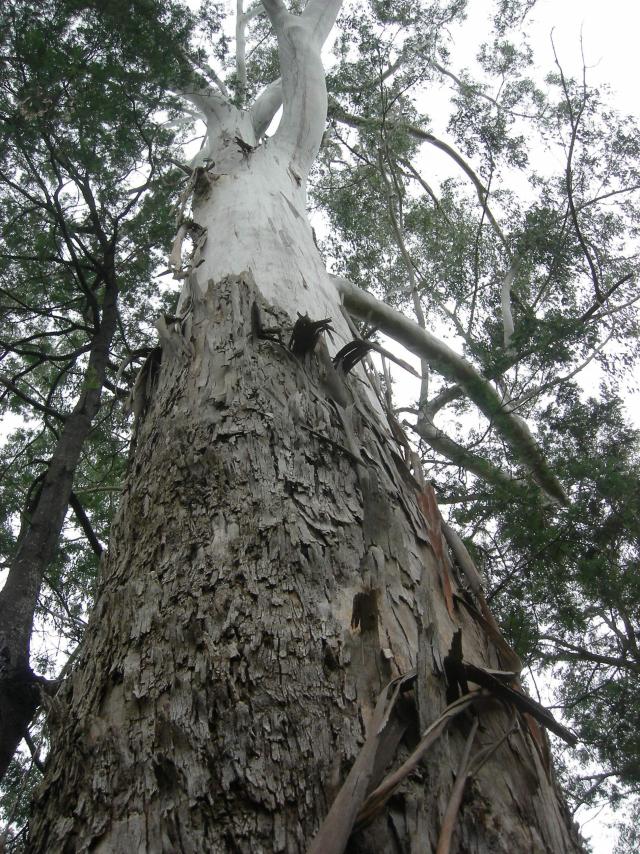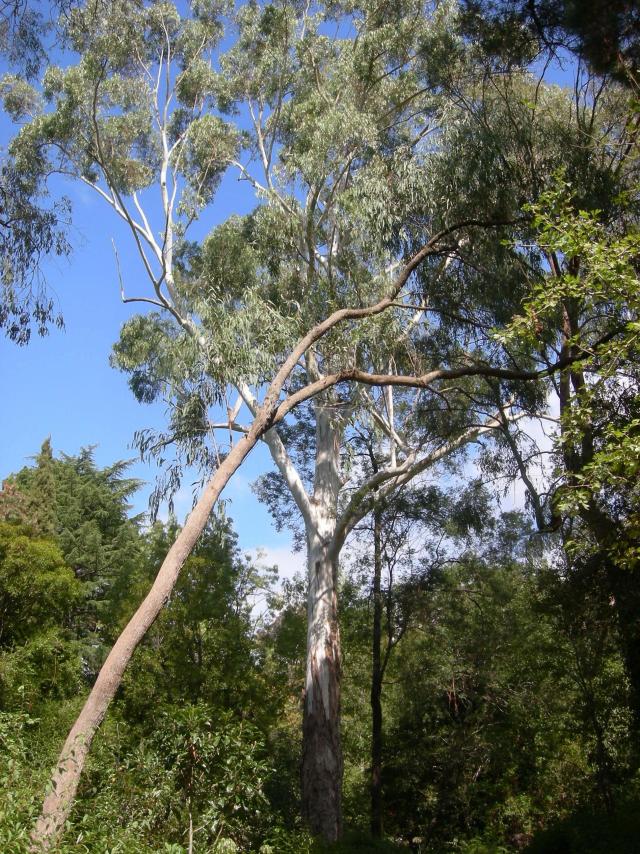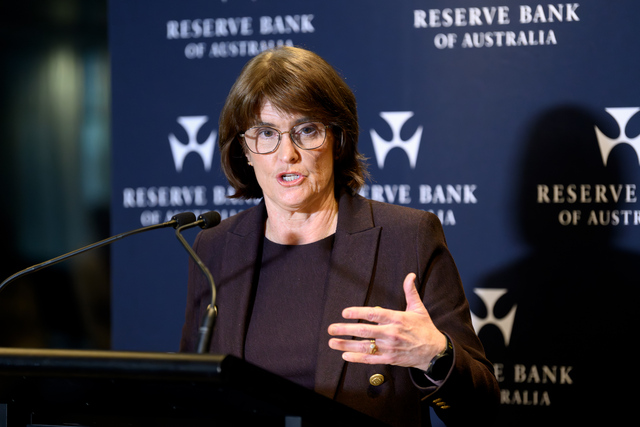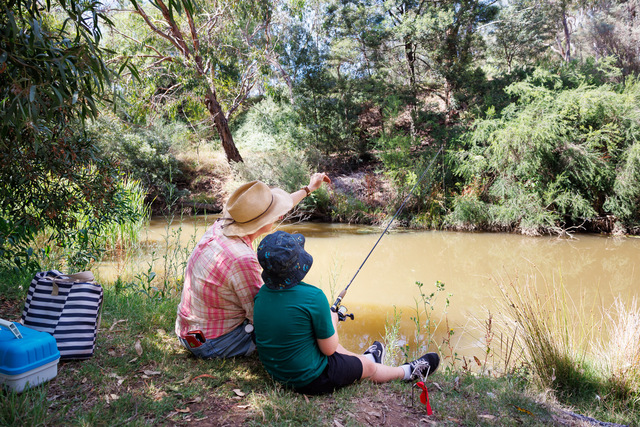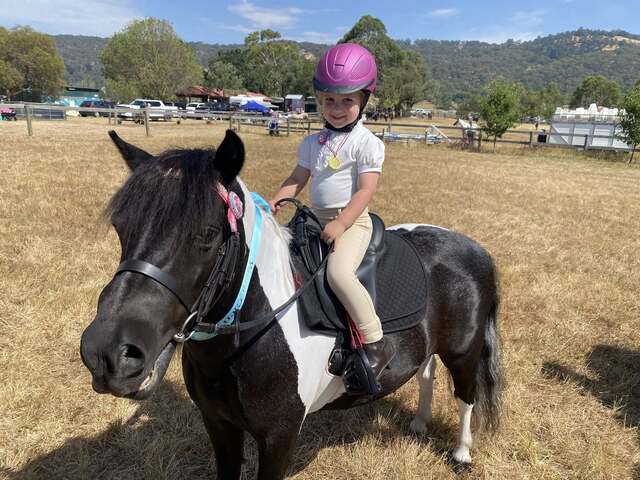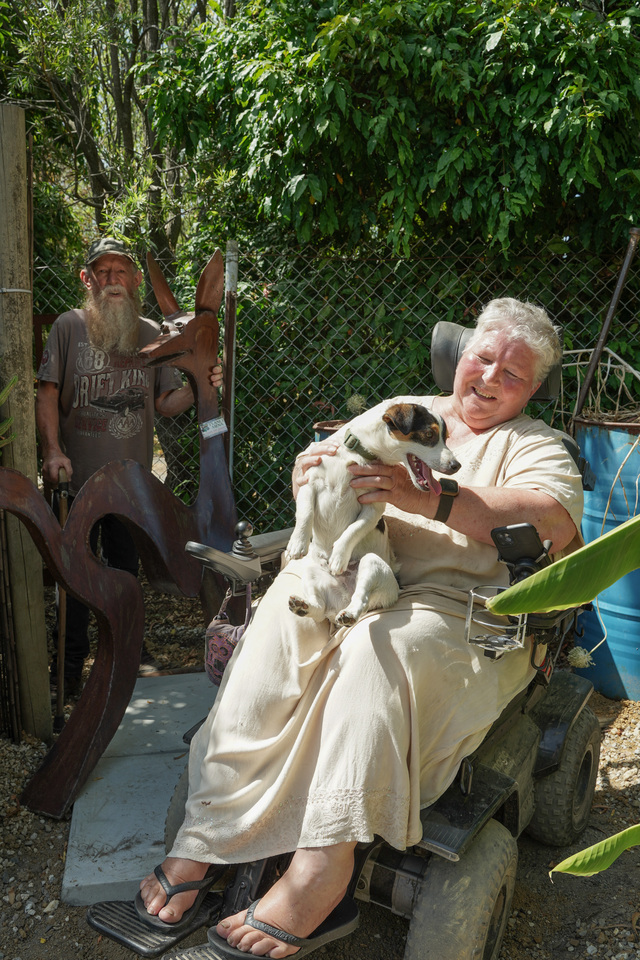Results for the Victorian Tree of the Year competition by the National Trust of Australia are in and Yarra Ranges has missed the chance to reclaim the prestigious title.
The well known Dunn’s white gum tree in Mooroolbark sadly missed out on winning for the year after making the 2023 nominee list, but remains an icon for the community.
One of Victoria’s largest trees, a river red gum near Guildford took out the top spot and is known more affectionately as The Big Tree.
The 2023 winner, announced online after voting closed at the end of October, is estimated to be more than 530 years old, and stands at an impressive 32 metres.
Simon Ambrose, chief executive officer of the National Trust of Australia (Victoria), said the River Red Gum was a clear winner with more than 40 per cent of all votes cast.
“Our winner is a well-respected landmark within the Guildford community, and voters have shown the significant contribution the River Red Gum has made to the local landscape with outstanding size and curious fusion of branches,” he said.
Dunn’s white tree in Mooroolbark was nominated among several other trees of note in Victoria and is a beautiful specimen that was planted at the Bickleigh Vale village by Edna Walling.
The beloved Mooroolbark gum received 90 votes in total this year, according to a representative from the National Trust of Australia.
Environmental Heritage Advocate Jelena Ljubisic coordinates the significant tree register and the significant tree committee at the National Trust in Victoria said the competition helps celebrate the joy and benefits trees bring to the community.
A Yarra Ranges tree won the inaugural award in 2016 with the beautiful Kalatha Giant tree being voted most popular – the famous tree is located near Kalatha Creek in the Toolangi State Forest.
The Kalatha Giant is a Mountain Ash tree believed to be at least 400 years old, stands 65 metres tall and is the seventh largest tree in Victoria by volume. The tree bears a very old scar at its heavily buttressed base (possibly from 1851) and is hollow all the way up its trunk.
After the Black Saturday bushfires of 2009, the Toolangi and Castella community constructed a walking trail to the tree. For many, it is a resilient symbol of bushfire survival.
Yarra Ranges is home to many heritage-listed trees including the largest tree in Victoria – the Big Tree which is located near the old Cambarville Mill in the Cumberland Valley.
Yarra Valley is not to be outdone with the well-known Redwood Forests and the famous Ada tree in Warburton which is another magnificent mountain ash.
The tree has enormous buttress wings which radiate around the trunk, it is classed as having outstanding height, trunk circumference and canopy spread – it is around 76 metres high and more than 300 years old.
Outside of Healesville at Fernshaw Reserve an English Oak stands with a little royal history to its story – the tree was planted by her Excellency Lady Denman on 9 April, 1913 to commemorate the royal visit of Queen Mary, the Duchess of York on May 15, 1901.
Anyone can nominate a tree to be on the significant tree register – Ms Ljubisic said that the criteria usually fall under four different categories – scientific, historical, aesthetic and social significance.
“For example with the scientific category – the most common criteria is outstanding size, particularly if it is a large tree for its species,” she said.
The National Trust of Australia (Victoria) is the state’s leading advocate for the protection of trees – since 1982, the Trust has classified over 1400 trees across Victoria on the National Trust Significant Tree Register.
Mr Ambrose said that the National Trust encourages Victorians to nominate their favourite tree each year.
“Keep an eye out for the 2024 competition, and details on how to get involved can be found on our website,” he said.

